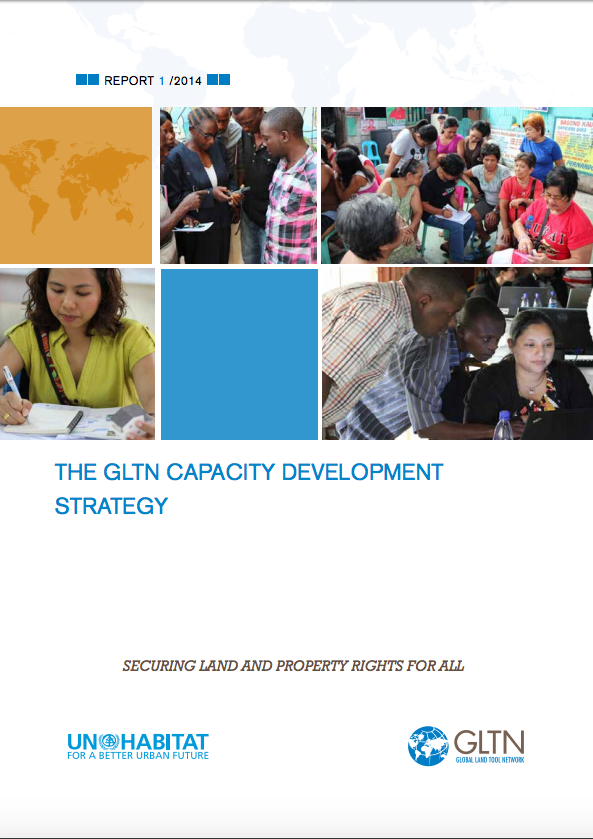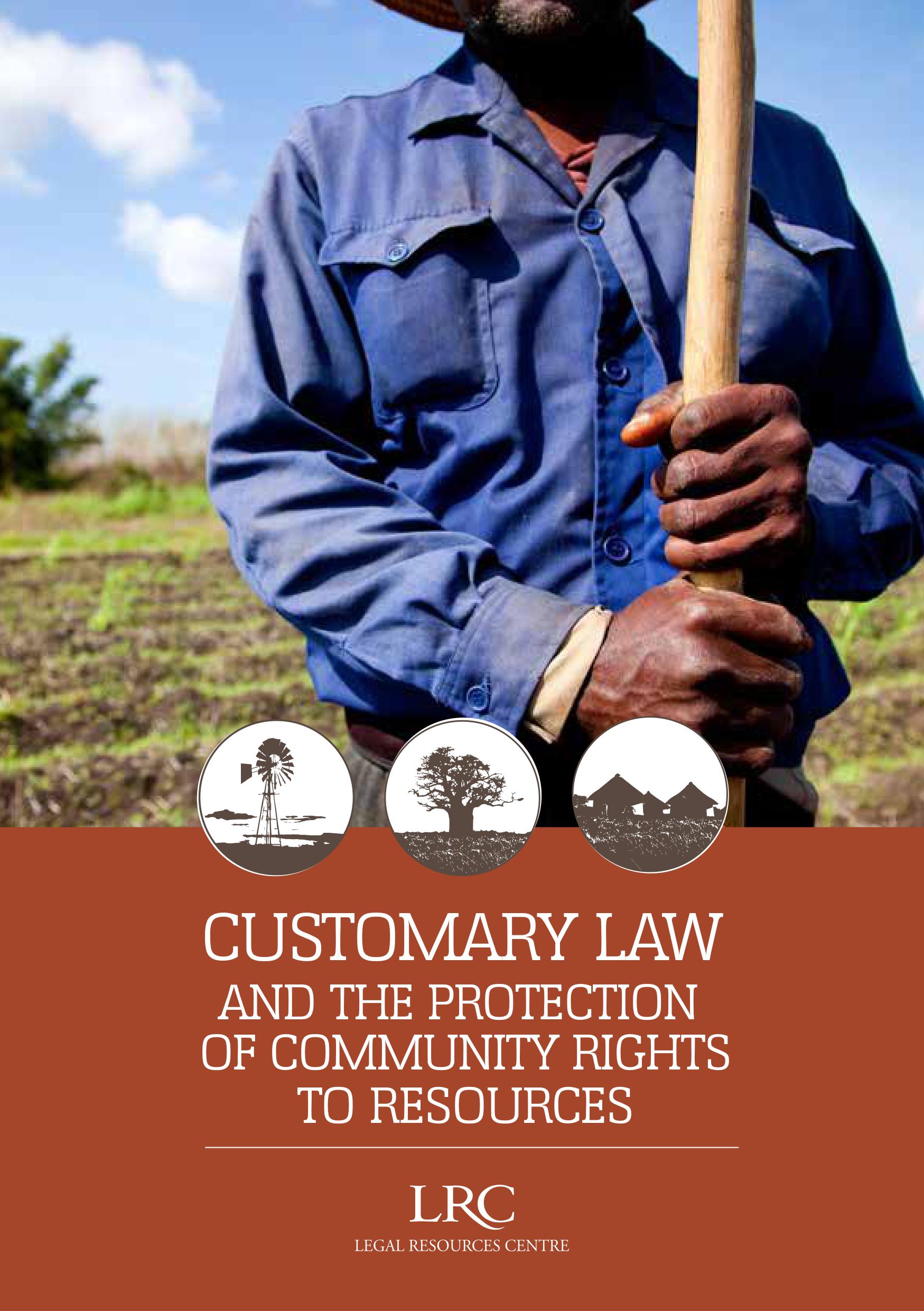René Dumont revisité et les politiques agricoles africaines
En 1962, René Dumont publiait L’ Afrique noire est mal partie. Ce livre, qui concernait essentiellement l’Afrique de l’Ouest, fit scandale à l’époque car il intervenait au lendemain des indépendances des colonies européennes, à un moment où les jeunes États africains pouvaient espérer un développement prometteur.




